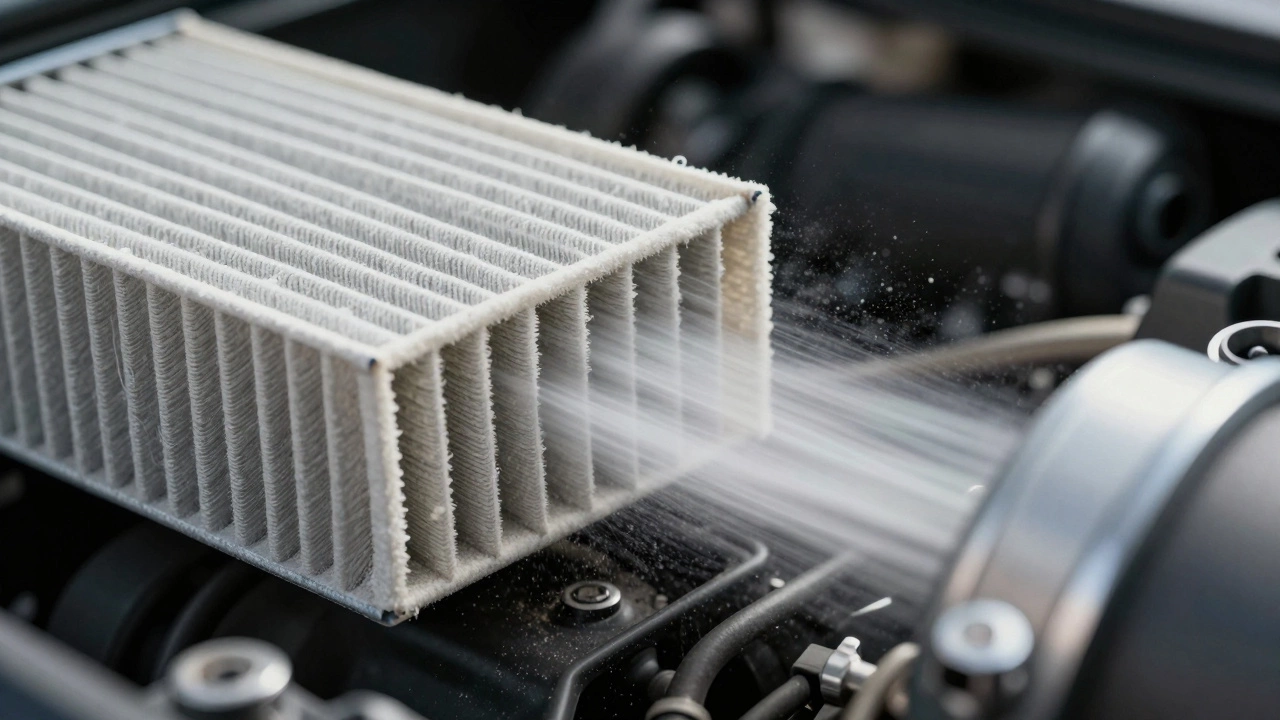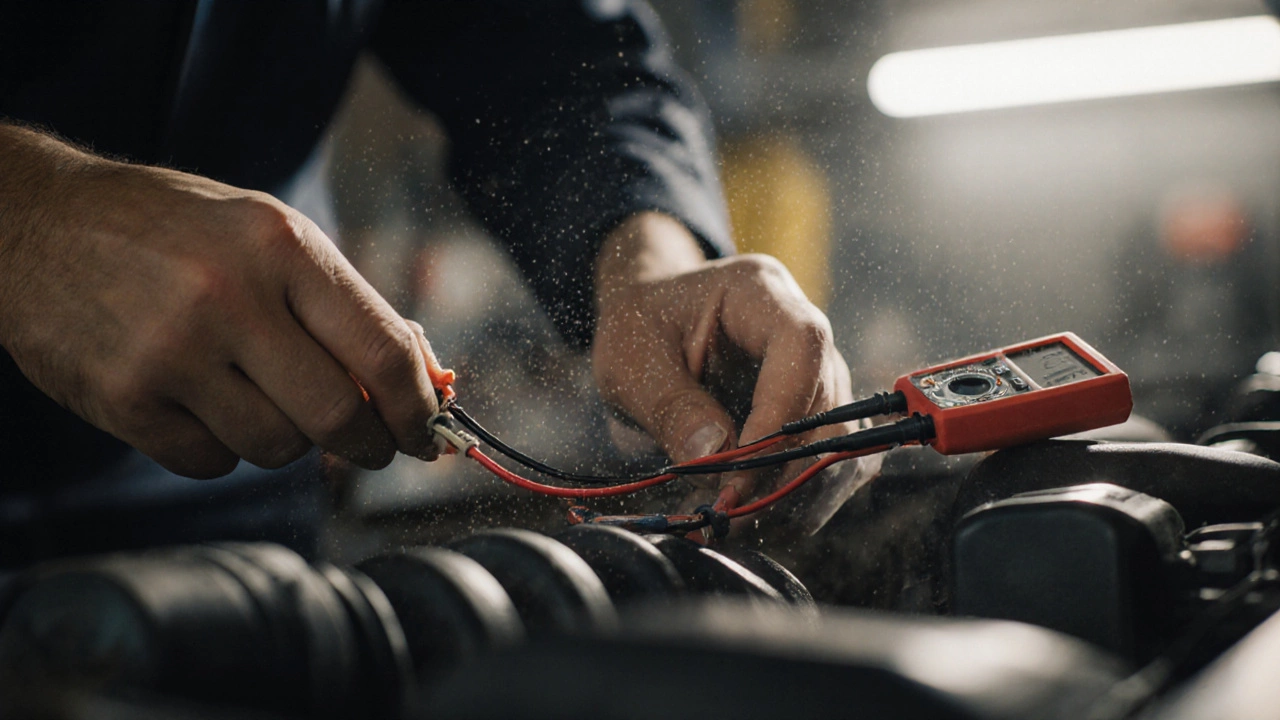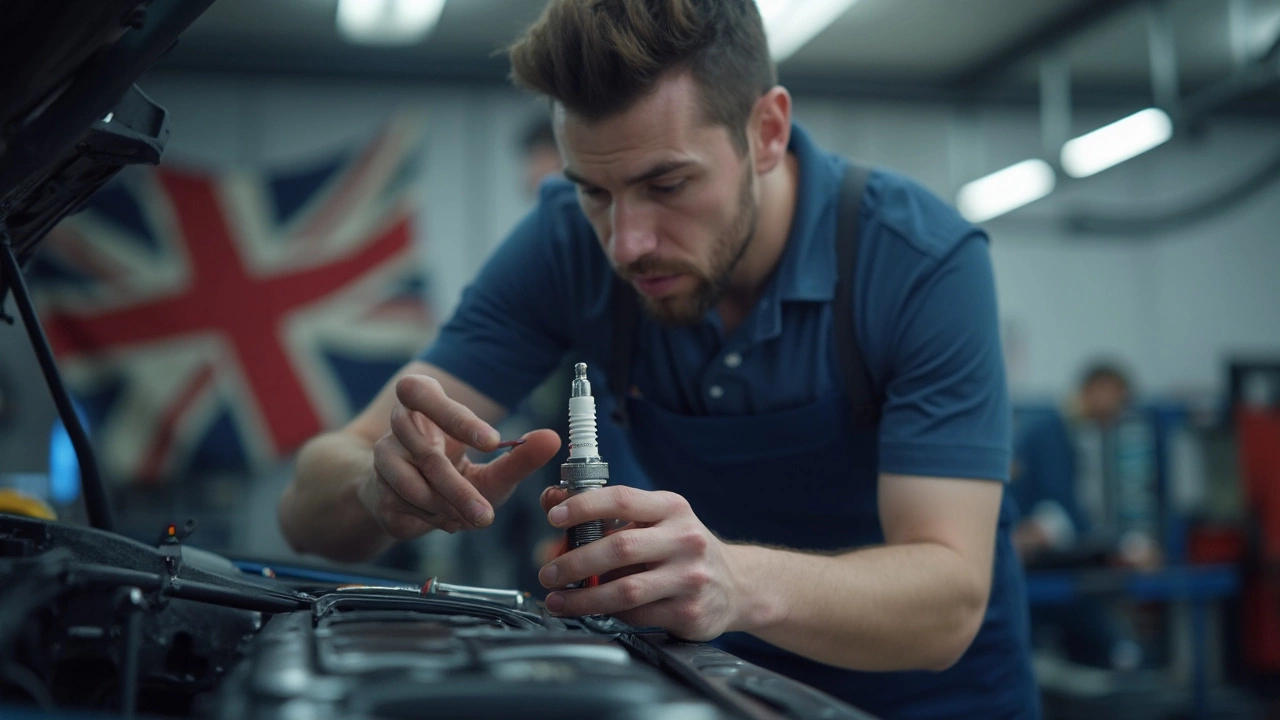Engine Performance: How to Keep Your Power Smooth and Reliable
When you hear the term engine performance, the overall ability of a motor to deliver power, fuel efficiency and smooth operation. Also known as engine output, it reflects how well all parts work together. A well‑tuned engine doesn’t just accelerate fast – it stays healthy, saves fuel and avoids costly repairs. Clutch system, the component that links engine power to the transmission plays a big role here, because a slipping clutch wastes energy and hurts acceleration. The spark plug, the small part that ignites the fuel‑air mix in each cylinder also decides how cleanly the engine burns fuel, which directly impacts power and emissions. In short, engine performance encompasses clutch efficiency, spark ignition quality and many other pieces working in harmony.
Key Factors That Drive Power and Efficiency
One of the most overlooked influencers is engine oil, the lubricant that reduces friction between moving parts. Fresh, correctly‑graded oil keeps bearings cool, prevents metal‑to‑metal contact and helps the engine breathe. When oil breaks down, you’ll feel reduced acceleration, higher fuel use and possibly hear ticking noises. Another silent offender is the radiator, the cooling system that removes excess heat from the engine. A failing radiator lets temperatures climb, which can cause the engine to knock, lose power and, in extreme cases, seize up. Both oil quality and radiator health are direct predicates of engine performance: good oil enables smoother operation, while a healthy radiator protects the engine from overheating.
Understanding how these pieces interact lets you spot problems early. For example, a worn clutch often shows a slipping feeling or a high‑pitched whine during acceleration – signs that power isn’t fully reaching the wheels. Bad spark plugs give misfire symptoms, like rough idle or a sudden loss of power during a climb. Low oil levels or dirty oil cause a sluggish response and can trigger warning lights, while a radiator leak shows up as steam, coolant loss or temperature spikes. By linking each symptom to its root cause, you can decide whether a simple DIY fix or a professional service is needed. Our collection of articles below walks you through each component, from clutch wear patterns to spark plug testing, oil‑change schedules and radiator diagnostics.
Whether you’re a daily commuter, a weekend enthusiast or someone who just wants fewer trips to the garage, the posts ahead give you clear steps to keep the engine humming. You’ll find advice on when to replace a clutch kit, how often spark plugs need a swap, the risks of skipping oil changes, and what a bad radiator really does to your power output. Armed with this knowledge, you can make smarter maintenance choices, avoid surprise breakdowns and enjoy a more responsive drive. Dive into the guides below to start fine‑tuning your engine’s performance today.

Do Pleated Air Filters Restrict Airflow? The Real Impact on Your Engine
Jan 25 2026 / Air FiltersPleated air filters don't restrict airflow when properly designed. They offer better filtration and longer life than flat filters. Learn when they help-and when cheap versions can hurt performance.
VIEW MORE
Is It OK to Change Spark Plugs But Not Wires? Here's What Really Matters
Nov 27 2025 / Ignition PartsYou can replace spark plugs without changing wires-but only if the wires are truly in good condition. Learn how to check them, when to replace both, and why skipping wires can cost you more later.
VIEW MORE
Driving With Bad Spark Plugs: Symptoms, Risks, Costs & Fixes (2025)
Sep 12 2025 / Ignition PartsDriving with bad spark plugs causes misfires, poor MPG, and can wreck your catalytic converter. Learn symptoms, risks, UK costs, and simple fixes in this 2025 guide.
VIEW MORE
How Changing Your Car’s Exhaust Impacts Engine Performance and Longevity
Jun 29 2025 / Car MaintenanceDiscover how swapping your car's exhaust can change engine performance, fuel efficiency, and other critical factors. Facts, tips, mistakes to avoid—no jargon.
VIEW MORE
Does the Car Run Better After a Spark Plug Change? What You Need to Know
Apr 21 2025 / Ignition PartsThinking your car needs new spark plugs? This article breaks down what really happens after you swap them out. Find out how fresh plugs can impact your car's power, fuel efficiency, and even those strange noises coming from under the hood. We’ll bust some myths and give you real tips on when and why to change your spark plugs. Save money and avoid surprise breakdowns with easy facts and advice every driver can use.
VIEW MORE
Why Does My Car Run Worse After Changing Spark Plugs?
Apr 8 2025 / Ignition PartsChanging spark plugs is supposed to make your car run smoother, but sometimes it feels like the opposite happens. It's confusing, right? This article explores why your car might act up after a spark plug change and offers practical tips to fix it. Understanding the reasons behind this issue can save you time and stress. We’ll dive into common mistakes and how to spot them, ensuring your car runs like a dream.
VIEW MORE
Is It Good to Change Spark Plugs? Here's What You Need to Know
Apr 7 2025 / Ignition PartsChanging spark plugs might sound like a simple task, but it plays a critical role in maintaining your car's performance. This article explores why replacing spark plugs on time improves fuel efficiency, boosts power, and reduces emissions. You'll find practical advice on spotting signs for replacement and the benefits of handling this task early. Discover how a small component can make a big difference in your car's health.
VIEW MORE